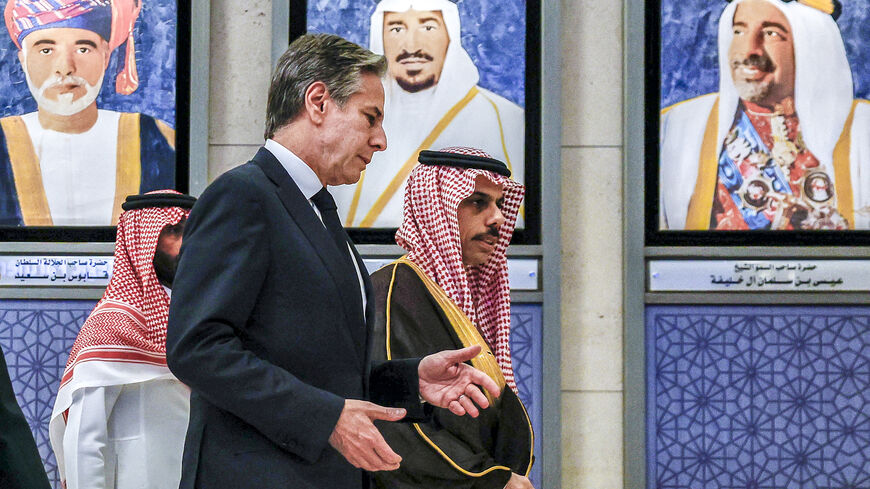
Key Points:
- The US and Saudi Arabia are nearing a defense pact that could reshape Middle East geopolitics.
- The agreement may lead to the normalization of relations between Saudi Arabia and Israel, contingent upon progress towards a Palestinian state.
- Challenges remain, including achieving a resolution to the Israeli-Palestinian conflict and securing US Congressional approval for arms transfers.
US-Saudi Defense Pact: A Catalyst for Middle East Transformation?
A potential defense treaty between the United States and Saudi Arabia could significantly reshape the geopolitical landscape of the Middle East, with implications for regional security, diplomatic relations, and the ongoing Israeli-Palestinian conflict. While the details of the agreement are still under negotiation, its core elements suggest a significant shift in alliances and priorities.
Strengthening Security and Countering Influence
The proposed pact would offer security guarantees to Saudi Arabia, enhancing its defense capabilities against potential threats. This includes the possibility of the kingdom acquiring advanced weapons systems from the United States, pending approval from the US Senate. In return, Saudi Arabia is expected to limit the use of Chinese technology in sensitive networks, addressing concerns about foreign influence in critical infrastructure.
The agreement aims to bolster both countries’ positions against Iran, a regional rival with growing influence. Additionally, it could serve as a counterbalance to China’s expanding economic and technological footprint in the Middle East.
The Israel Factor: A Path to Normalization?
However, Saudi officials have repeatedly emphasized that normalization with Israel hinges on progress toward a resolution of the Israeli-Palestinian conflict. The kingdom advocates for the establishment of an independent Palestinian state based on the 1967 borders, with guarantees for both Israeli and Palestinian security.
Challenges and Uncertainties
Despite the potential benefits of the proposed US-Saudi defense pact, several complex factors necessitate careful consideration and strategic planning to ensure its successful implementation and long-term viability.
A central concern revolves around the establishment of an independent Palestinian state, a critical condition for Saudi Arabia’s participation in the agreement and normalization of relations with Israel. The Israeli-Palestinian conflict is a multifaceted issue with a long and intricate history, marked by deep-seated disagreements and ongoing political hurdles. Navigating this complex landscape and achieving a mutually acceptable two-state solution will require extensive diplomatic efforts and a sustained commitment from all involved parties.
Furthermore, the transfer of advanced weaponry to Saudi Arabia, a key component of the proposed pact, is contingent upon approval from the US Congress. Concerns regarding human rights and the potential for regional arms proliferation may lead to opposition within the legislative body. Successfully securing congressional approval will necessitate addressing these concerns and demonstrating the strategic value of the agreement for US interests and regional stability.
Additionally, the potential impact of the defense pact on the wider geopolitical dynamics of the Middle East requires careful evaluation. The agreement may elicit reactions from Iran and other regional actors, potentially leading to heightened tensions and increased complexity in the region’s political landscape. Effectively managing these dynamics and mitigating potential risks will be crucial for ensuring the pact’s long-term success and contribution to regional stability.
